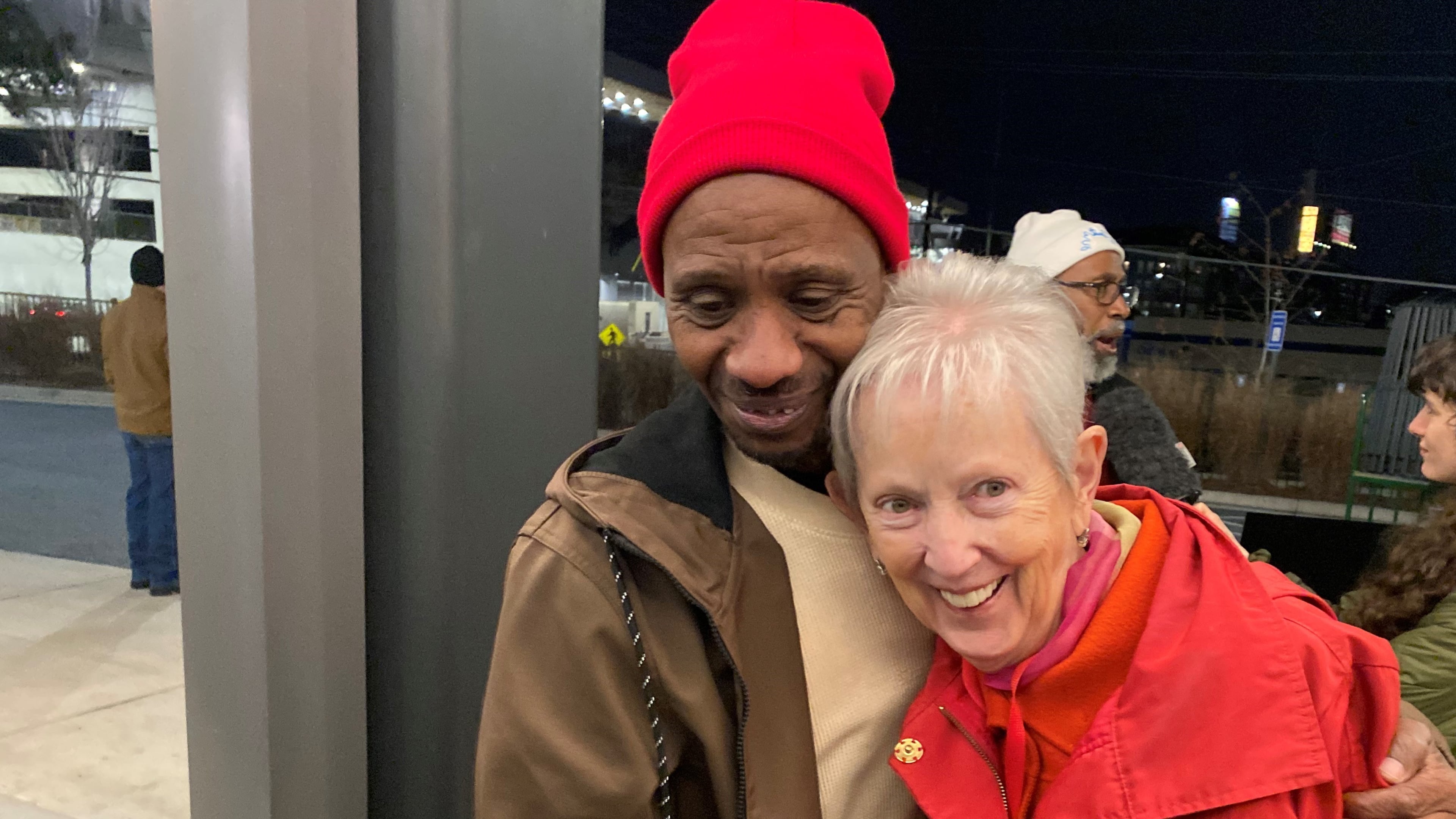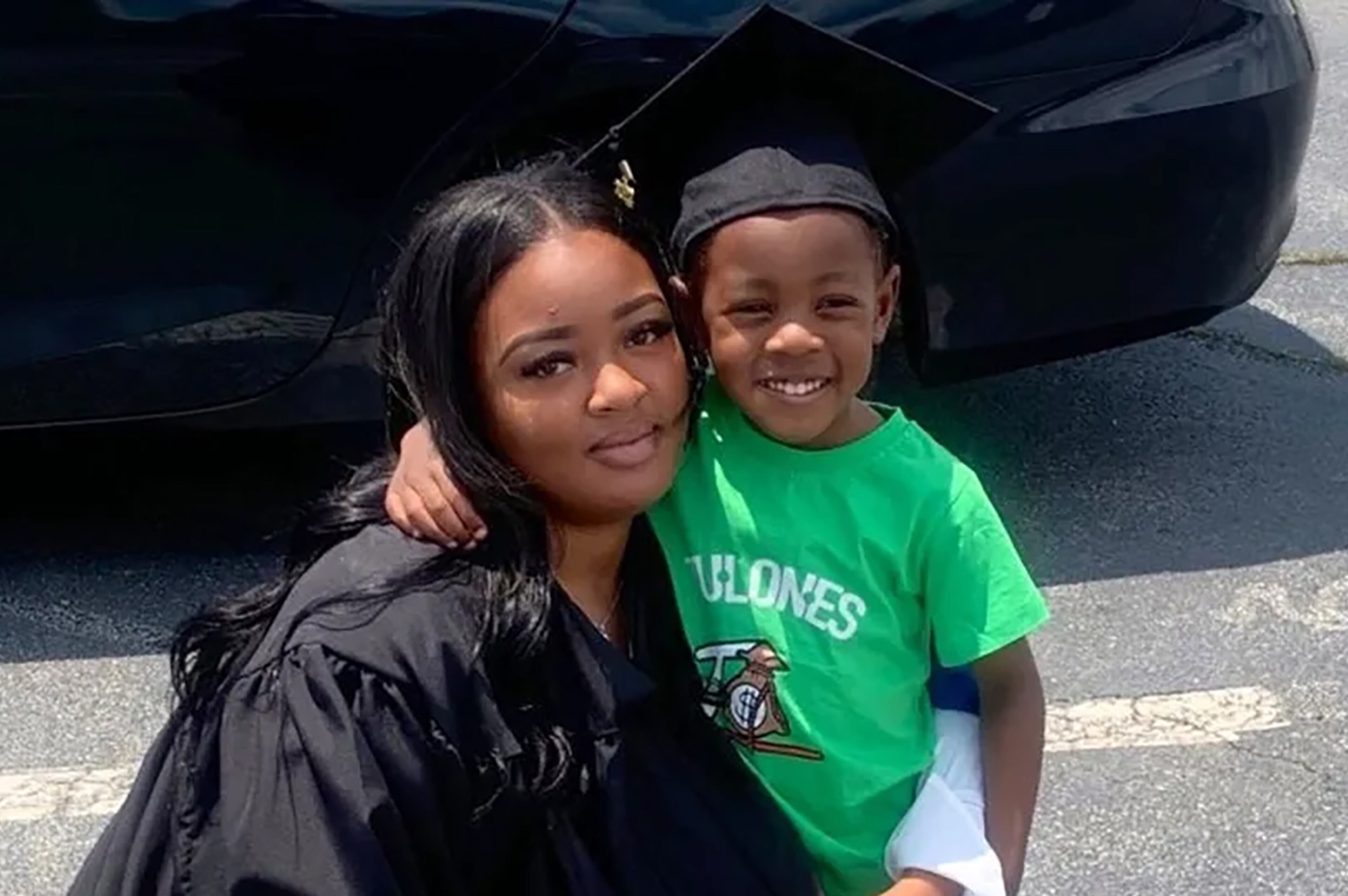Mercy Care ‘Conspiracy of Compassion’ invites citizens to prioritize dignity

Across our nation there is division, confusion, cruelty and debates about who is worthy of our care and attention.
We are questioning the essential and basic supports our society is willing to provide — and to whom. There seems to be a profound lack of compassion for those on the margins.
Compassion is a response to the suffering of others born out of empathy, a sense of shared humanity. Compassion has defined Mercy Care since its founding 40 years ago when volunteers from Saint Joseph’s Hospital went out at night to care for people experiencing homelessness and often HIV/AIDS.
From that beginning we grew into a comprehensive health care organization with special attention to people who have been left out, been told “no” a thousand times, made to feel unworthy, disrespected and unloved.
At Mercy Care we draw near — we sit with those who are struggling, listen to their stories, and walk alongside them. Care is not just a service, but a relationship. And proximity reveals what compassion demands. We’ve learned that the questions our leaders are asking have clear answers.
Atlantans face plenty of chaos from broken systems
A few weeks ago, Sister Susan Sanders, president of the Sisters of Mercy of the Americas, visited Atlanta to celebrate and honor the Sisters’ work — work that began when the Sisters of Mercy were founded almost 200 years ago.

Speaking to a large gathering, Sister Sue invited Atlanta to join the Sisters of Mercy in building a future that unites us in a “Conspiracy of Compassion.” She explained that the word “conspiracy” may have a negative connotation, but in the Latin etymology, it derives from, “con” (with) and “spirare” (to breathe): to breathe with.
The word “compassion” in Latin is “compati” (to suffer with). Sister Sue called us to be radically good, intentional, thoughtful. She challenged us to find clarity in this moment of questions and disagreements by breathing with and caring for our sisters and brothers, especially those most vulnerable.
So how does a conspiracy of compassion work?
James Keenan, a Jesuit priest defines mercy, another word for compassion, as “the willingness to enter the chaos of others.”
Today in Atlanta and in the country, there is arguably plenty of chaos we are called to enter:
- The chaos of inequality
- The chaos of mental illness and addiction
- The chaos of scarce affordable housing
- The chaos of unaffordable health care in a broken health system
At Mercy Care we enter chaos with engagement. We work alongside our patients to achieve health and to help them thrive. To the people we serve — immigrant families, the uninsured, those experiencing homelessness, addiction and mental illness — we say, “You are welcome; you are loved. We are with you on the journey.”
Proximity is not optional — it’s foundational. We meet people where they are, in shelters, on sidewalks, in clinics and communities. We enter the chaos, because proximity builds trust, and trust is the first step to healing.
It’s what compassion demands — what every person deserves, and it has profound effects for individuals and for our community.
Three ways compassion strengthens communities
- Compassion builds trust with people who have been failed by our systems. Compassionate care means listening, showing up consistently, keeping promises and treating people with dignity.
- Compassion improves health outcomes. When we address root causes, like housing, addiction and behavioral health, expensive crises are avoided. Our communities are stronger when all its citizens are stable — physically, mentally and economically.
- Compassion meets people where they are. We don’t just wait for patients to come; we go into communities, listen deeply, offer care without judgment and welcome people in. That’s quality care. And it works.
At present, individual people and families are suffering and so is our community. From the economic impact of changes to the federal budget and the government shutdown, increasing insurance premiums, perilous SNAP benefits, the rise in grocery prices, worthiness seems to be debatable. These aren’t just abstractions. They’re people we know — immigrant families, seniors, people in recovery, those living on the margins. When they lose access, we all lose.
But the Conspiracy of Compassion must hold fast to the belief that everyone in the community is worthy of excellent care, and if we care for everyone, Atlantans and Atlanta win. Worthiness should never be up for debate. Every life deserves to be seen. Every person is worthy of care. Compassionate care.
Compassion should be core, not just something nice to have
We urge lawmakers, health care leaders and citizens to see compassion not as extra, but as fundamental.
To draw closer to the lives behind the policies they debate. To invest in systems that prioritize dignity. To recognize that compassion drives impactful and cost-effective strategy.
Because in the end, the measure of a health care system, the measure of a community, the measure of us, is not how we treat the powerful, but how we care for the powerless.
When compassion guides our strategy, we all move forward. Let’s answer the questions before us with mercy.
Join us in a Conspiracy of Compassion.
Kathryn Lawler is the chief executive officer of Saint Joseph’s Mercy Care, a large provider of health care to uninsured and low-income residents of metro Atlanta. For more information on Mercy Care, go to www.mercyatlanta.org


